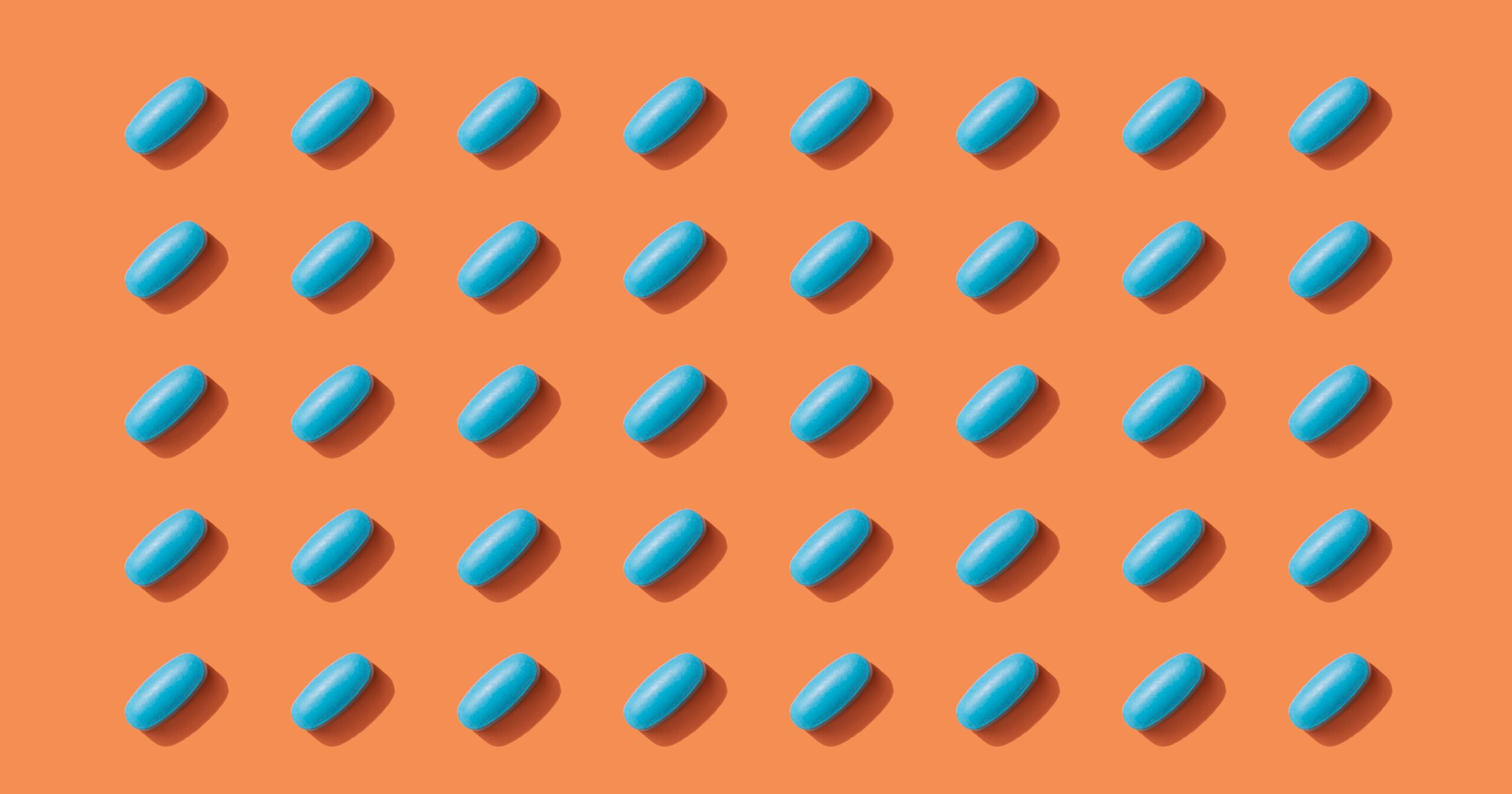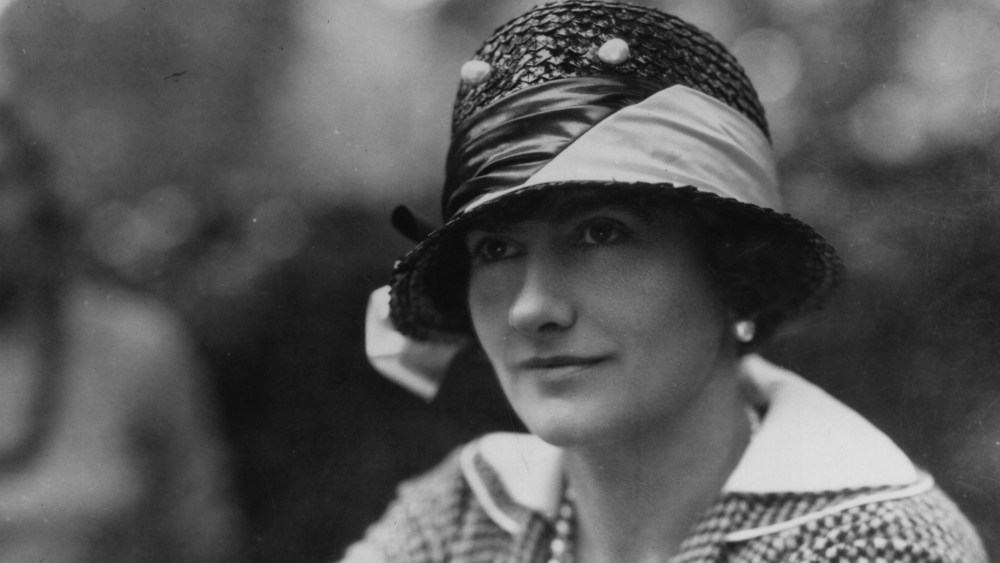For many people, healthy hair is a priority. Whether that looks like less damage from heat styling, fewer split ends, or long hair that doesn’t break, the key – no matter your hair type – is all about having a consistent routine that works for you. If you’re after length specifically, know that while there is no magical product that will help your hair grow overnight, there are a multitude of options that have seen promising results, one of which is biotin.
Biotin can be found in topical products like shampoos and scalp serums, but most people who choose to utilize the ingredient take it in supplement form. However, recently there have been concerns from those ingesting the supplement regarding an unexpected side effect: acne.
So, does biotin cause acne or is that a myth? Ahead, we ask experts to weigh in on the subject. Keep scrolling to learn more.
What Is Biotin?
Biotin, which is also known as vitamin H or vitamin B7, “plays a role in assisting enzymes to break own fats, carbohydrates, and proteins in food,” Omer Ibrahim, MD, FAAD, board-certified dermatologist at Chicago Cosmetic Surgery and Dermatology, tells PS. Biotin can be found in different everyday foods like meat and whole grains, but it’s often taken in supplement form to help improve the health of hair, skin, and nails.
“Hair thrives on protein, iron, zinc, and vitamin B12. If you are not getting enough nutrients from your diet, supplements can increase low levels,” says dermatologist Dendy Engelman, MD. “These nutrients help support hair structure, growth, breakdown carbs and fats, moisturize the scalp, and distribute oxygen to the cells.”
Does Biotin Cause Acne?
If you’ve experienced breakouts after ingesting the vitamin – or if you’ve spent some time wondering about the potential side effects they might have on your skin should you start taking them – it’s worth noting there’s not enough research to conclude that biotin is the cause.
“While not everyone who takes biotin will experience acne, there are some anecdotal reports of people noticing increased acne after taking biotin,” dermatologist Marisa Garshick, MD, says. “When biotin is taken as a supplement, the amount of biotin in the gut may be relatively higher than the amount of other B vitamins, specifically vitamin B5, also known as pantothenic acid.” Pantothenic acid, as Dr. Garshick says, has been known to help prevent acne, so when less of it is present in the body, theoretically, it can lead to breakouts.
Additionally, although it isn’t related directly to acne, taking biotin can affect blood tests that check on your thyroid gland. “People taking biotin supplements may have falsely low thyroid stimulating hormone (TSH), and falsely high levels of triiodothyronine (T3) or thyroxine (T4),” Dr. Ibrahim says.
Can Biotin Treat Acne?
On the flip side, even though minimal evidence suggests that taking biotin can cause acne, some research has lead people to believe that biotin can be used to treat it. According to Dr. Garshick, this has only been looked into when the biotin is combined with other acne-fighting ingredients though when several participants in a recent study took the supplement and saw improvements in their skin, it wasn’t clear how much of the improvement was actually related to the biotin itself versus the other ingredients.
As always, if you’ve been looking into taking biotin (or any supplements) lately or if you have specific questions about treating and preventing acne, the best thing for you do is reach out to a doctor or dermatologist for more definitive instructions.
– Additional reporting by Renee Rodriguez
Danielle Jackson was a former assistant editor for POPSUGAR Beauty.
Renee Rodriguez is a staff writer and social producer for PS. She writes across all verticals, but her main areas of expertise focus on fashion and beauty content with an emphasis on reviews and editor experiments. She also produces social content for the PS TikTok and Instagram accounts.




